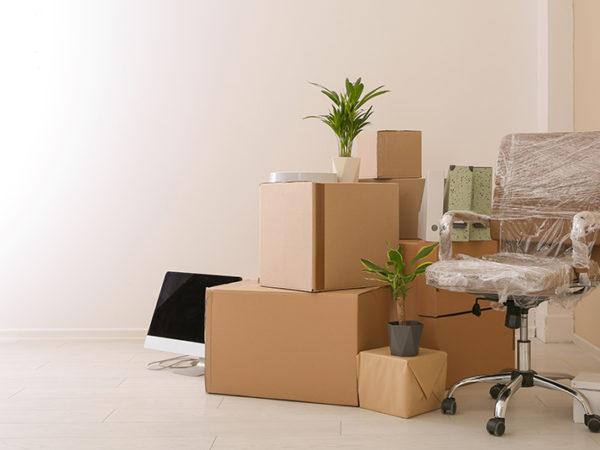
Flooding is a worry during South Africa’s rainy months, so it’s essential to know what to do if your home floods in Cape Town.
High winter rainfall can cause flooding, but it may also happen as a result of a burst pipe or faulty geyser.
Who to call if there’s a flood in Cape Town
Depending upon the severity of the flood, the first step is to evacuate the premises and move to a place of safety.
Once you’re out of immediate danger, contact the relevant authorities to report the emergency. Here are a few important numbers.
How to report an emergency and get help when people are in danger
The City of Cape Town has a disaster management team on call. To report flooding, call 107 on a landline or 021 480 7700 from a cell phone.
Burst municipal pipe or leaks in Cape Town
The City of Cape Town is responsible for repairs when flooding is caused by a burst pipe, a leak on municipal property or at the water meter.
Report a leak by calling 086 010 3089, via SMS to 31373 or WhatsApp on 063 407 3699.
The average response time is two hours.
Who to call if the water source is on your property
When the source of the flooding is on private property, the home owner is responsible for fixing the leak.
The City of Cape Town has a list of registered plumbers who can assist. Alternatively, look for a plumber with a four- or five-star Google review rating.
Insurers, letting agents and landlords
If you have homeowner’s insurance, call your broker or the emergency claims number to find out what’s covered.
Depending on the policy, insurance companies typically cover water damage caused by a defective geyser, broken pipe or extreme weather.
Ideally, contact your insurer before you start the clean-up process.
If you live in a rented property, contact the letting agent or landlord as soon as possible. The onus is on the landlord to repair the source of the leak and make the property habitable.
How to keep safe in a flood
Your safety is paramount. It’s important to follow the instructions of emergency personnel.
If you must evacuate your property, do it immediately. Avoid driving or wading through flood waters. Get to high ground as soon as possible.
Switch off the electricity at the mains. Don’t drink tap water. It may be contaminated.
What to do in the aftermath of a flood
Once the water has receded and it’s safe to return home, make sure there’s no structural damage to the property.
If the building’s integrity has been compromised, find alternative accommodation. Get a contractor to survey the damage.
Document any flood damage. Photographs and videos can capture the extent of the disaster. They’re valuable records to submit to your insurer in support of the claim.
Tips for getting the home back in shape
Flood water is full of toxic waste. To ensure your home is safe and habitable, it must be cleaned and disinfected. Ensure you wear suitable clothing, including gloves and waterproof boots.
Spread salvageable items out in the sun or on a dry surface. Disinfect any items or furniture that the flood water has touched.
If the damage is extensive, a professional cleaning company ensures the job is done properly, and it saves time and money.
How Chelsea Cleaning can help if your home floods
Chelsea Cleaning offers a floor-to-rafters deep-cleaning service in and around Cape Town. The latest detergents and cleaning techniques are used to restore your home to its original condition.
Everything from damp and soiled mattresses, sodden fitted carpets and muddy curtains can be given a new life. Services vary from onsite steam cleaning to the use of sophisticated cleaning machines at our facility in Wynberg.



